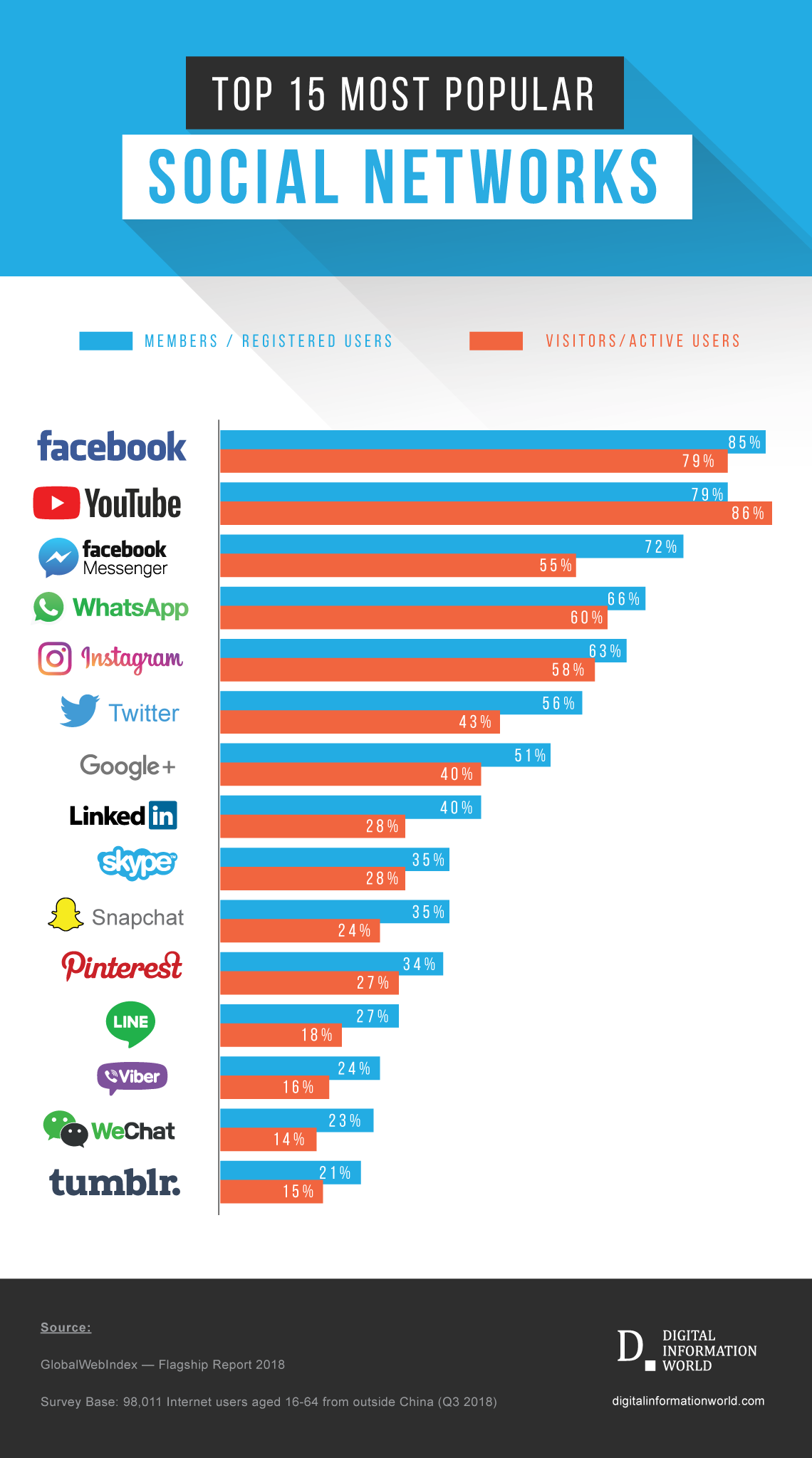When introducing the question at a job interview: What’s your biggest weakness? It’s now been idealized that “my perfectionism” is something to proudly raise your hand for. Thomas Curran’s Ted Talk on how “Our dangerous obsession with perfection is getting worse” made it clear that perfection is an oxymoron in itself.
Perfectionism
Thomas begins his Ted Talk by identifying his perspective on the concept of perfectionism:
“Our begrudging admiration for perfectionism is so pervasive that we never stop questioning the concept in its own terms.” ~Thomas Curran
This was an eye-opening quote because we’ve never had the right idea of what perfection looks like. Once we peak our own view of perfection, we find ourselves constantly seeking ways to make us more “perfect” than we already are. He broke perfectionism down with two definitions: Socially prescribed perfectionism, the idea that others demand a lot from us. Other-oriented perfectionism, Expecting perfection after giving someone a task. These tie into the prevalence of perfectionism among younger people and the new generation of social media.
Prevalence of Perfectionism in Today’s Society
Empirically, perfectionism has been on the rise drastically. Thomas mentioned that in the last 25 years, socially prescribed perfectionism has skyrocketed; but why? Thomas described the situation perfectly when he said “this society preys on insecurities of how we are performing and how we are appearing to other people.” I believe this is because of the huge role social media plays in our lives. Teens are so preoccupied by the fact that they should have a perfect life, they’ll portray themselves as someone they aren’t. We are in constant comparison of ourselves to influencers and friends. This means we are justifying ourselves based on the imaginary scale of perfection society has taught us to follow. This external validation we’ll forever seek, is only going to amplify our insecurities.

The Most Popular Social Media Platforms of 2019 / Digital Information World
The new age of social media has unsheathed a host of psychological problems. Thomas talked about how depression, anxiety, and suicide have increased at alarming rates over the last two decades. Isn’t it coincidental that since the introduction of new media platforms, we’ve only seen increases in all three of these illnesses? The definition of depression can be described as feeling tired of living in one’s body. Comparing ourselves to others and seeing that they are doing “better” than us makes us less-inclined to have a social media presence because we find less-enjoyment when participating in something with so much anxiety attached. After expressing oneself online, there’s like-counts, comments, shares, and outside opinions to focus on. If you don’t meet a certain quota that’s created by oneself, the post is perceived as having less meaning than intended. Consistently not hitting these marks demeans one’s personale and even draws personal negative thoughts about who they are. We’re in an age where people can make assumptions about someone solely based on their social media presence. I’ve seen poor people appear rich in the media and rich people try to appear poor. It bothers me how different these people look and act when they are in person. I’ve seen nothing but negativity and judgment online which drew me away from social media as a whole.
Foreseeable Future/Treatment
There’s one word that could potentially solve more than just this perfectionism epidemic: empathy. We live our own lives and have no idea what it’s like to be in someone else’s shoes. In short terms, we shouldn’t be so quick to judge and actually try to get to know people before labeling them. Thomas talked about how having a little self compassion takes you a long way. I completely agree with his point of view; if people were a little more lenient on how they thought of themselves, peace and success would follow. There has to be a general understanding that there’s a highly competitive standard we unnecessarily put ourselves up to.
Parents play a huge role in the behavior of their children. Thomas mentioned that parents can help their children more by not being a “helicopter-parent.” In Thomas’ terms, the parent should show support unconditionally even if their child has failed. I think the child will then see it’s okay to fail and realize failure is another word for growth. Thomas suggested we teach the future generations to have appreciation for the idea of limitless perfection. We must embrace what we can’t become in order to find ourselves.
Thomas Curran’s point of view is very interesting and important for the public to hear. The only thing he lacked was a point of empathy during his Ted Talk. I think it would’ve tied his theme of perfectionism to social media’s effects on society. Besides this, I think perfectionism is a topic that should be discussed more frequently.
